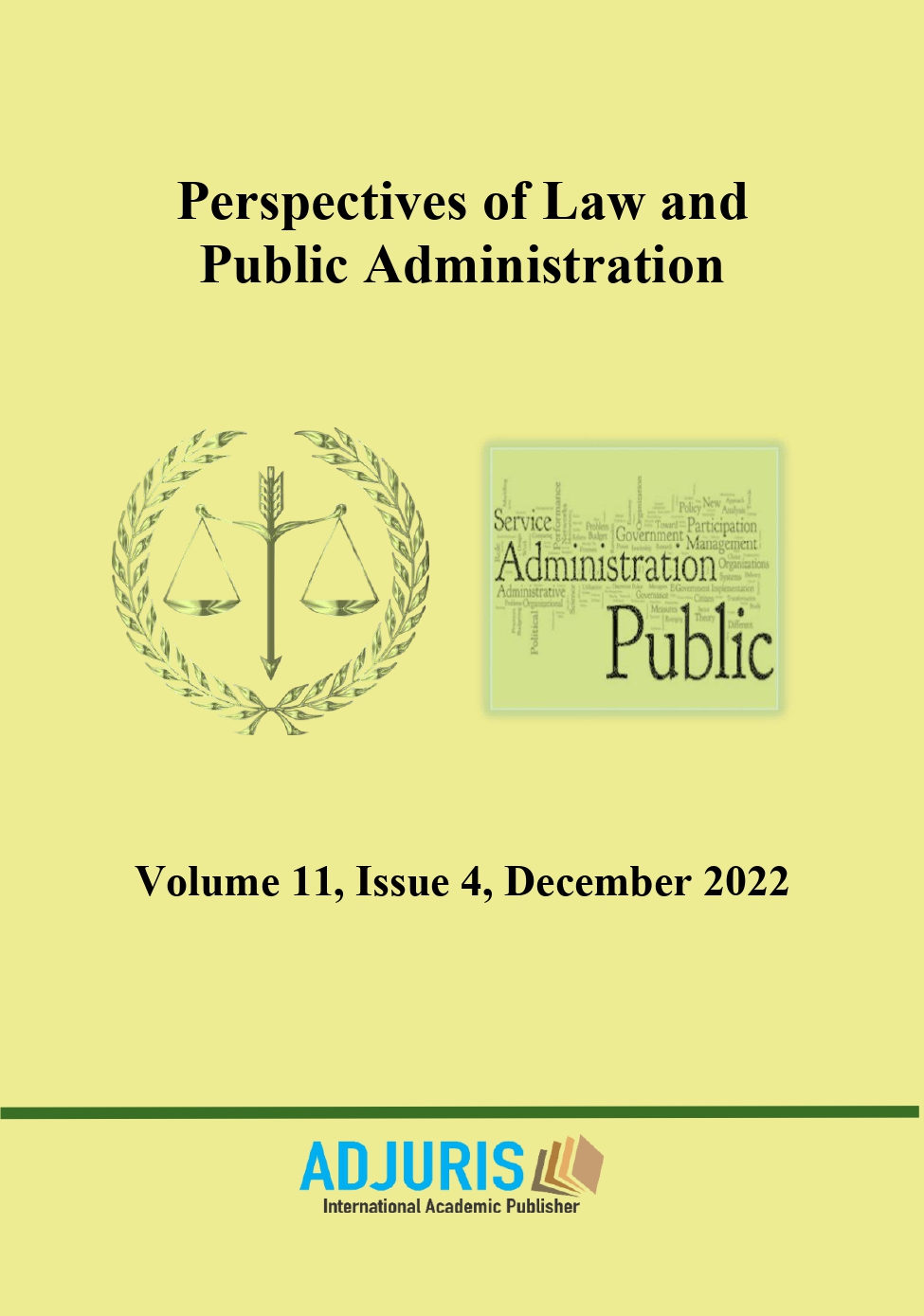Analysis of the Right to Basic Education in South Africa
Analysis of the Right to Basic Education in South Africa
Author(s): Jean Chrysostome Kanamugire, Emmanuel Nkululeko RadebeSubject(s): Human Rights and Humanitarian Law, School education, State/Government and Education
Published by: Societatea de Stiinte Juridice si Administrative
Keywords: education; right to basic education; learners; availability; accessibility of education;
Summary/Abstract: The right to basic education refers to the learning needs appropriate to the experience and age of the learners. It contains primary and secondary educations where learners perform educational activities to achieve learning outcomes. The Constitution provides the right to basic education and states that everyone has the right to basic education as well as adult basic education. Every child must access basic education so that he or she can develop his or her talents, mental and physical abilities. The right to basic education is measured on the four important principles, namely availability, accessibility, acceptability, and adaptability. The right to basic education still experiences some challenges, such as lack of sufficient schools, classrooms, transport of learners, properly trained teachers, delivery of teaching and assessment materials in an environment that is conducive to learning. The choice of language of instruction is also still a challenge in exercising the right to basic education. There is a quest to include children with different disabilities in the learning activities for basic education. The room for improvement in necessary in the education sector to ensure that the right to basic education is adequately available to all learners in South Africa.
Journal: Perspectives of Law and Public Administration
- Issue Year: 11/2022
- Issue No: 4
- Page Range: 586-596
- Page Count: 11
- Language: English

